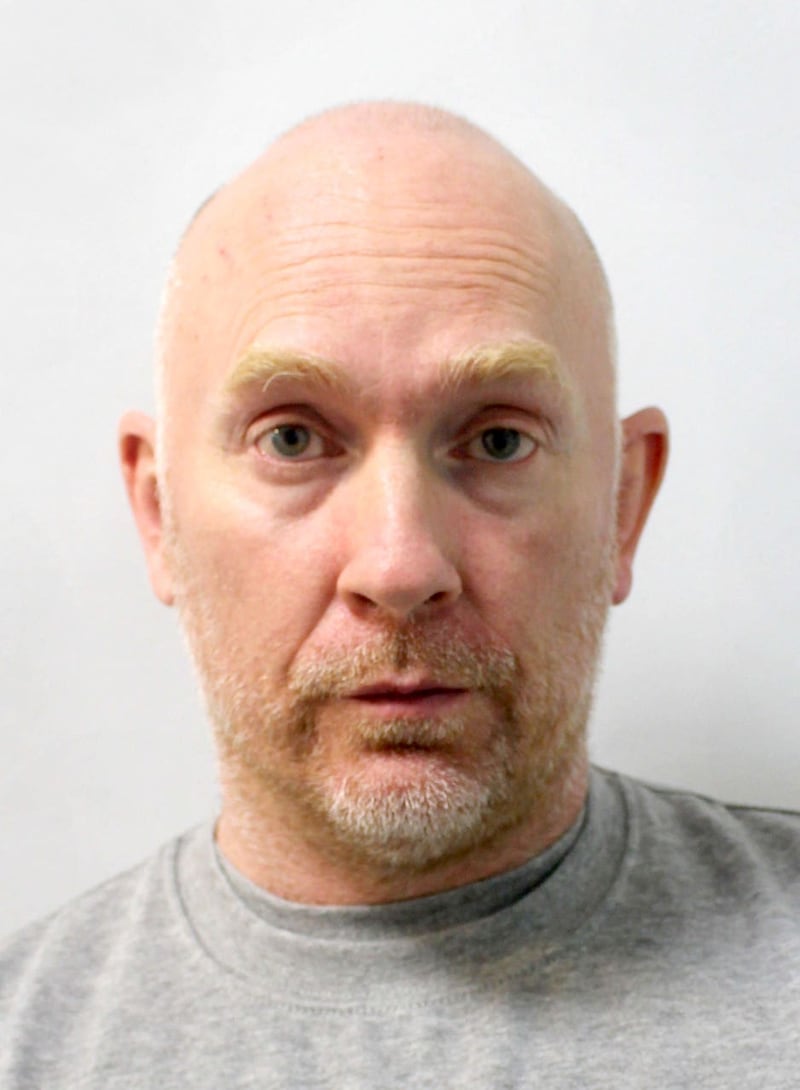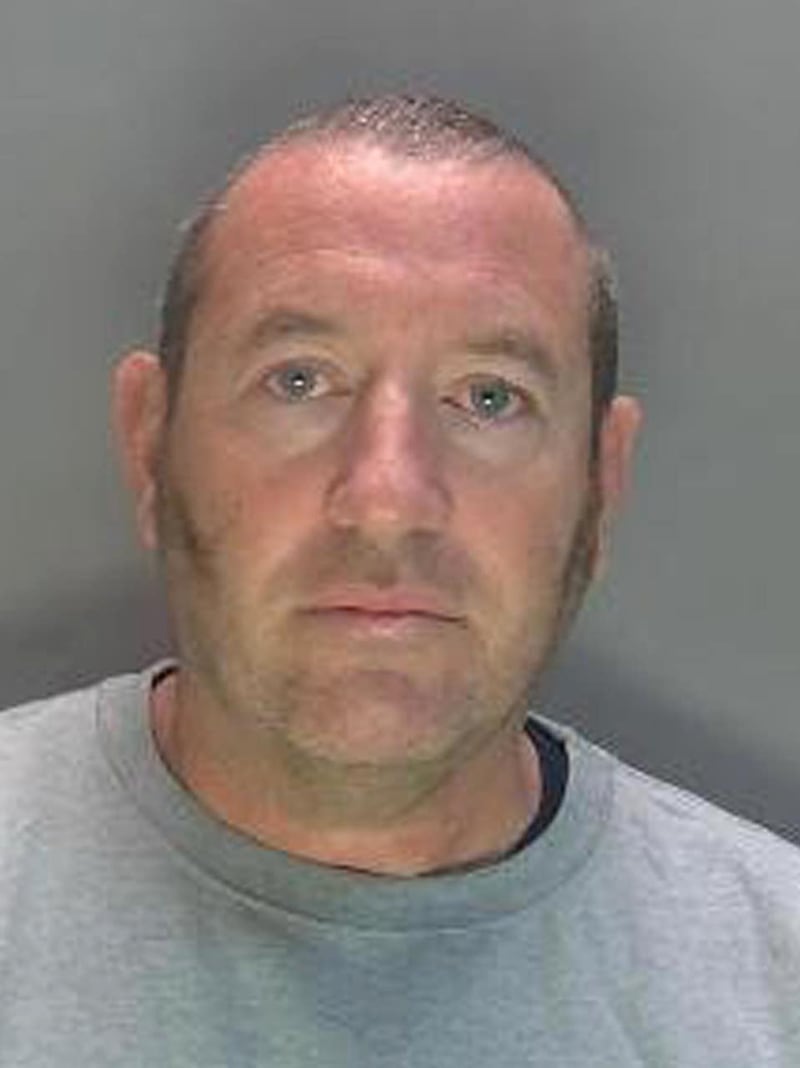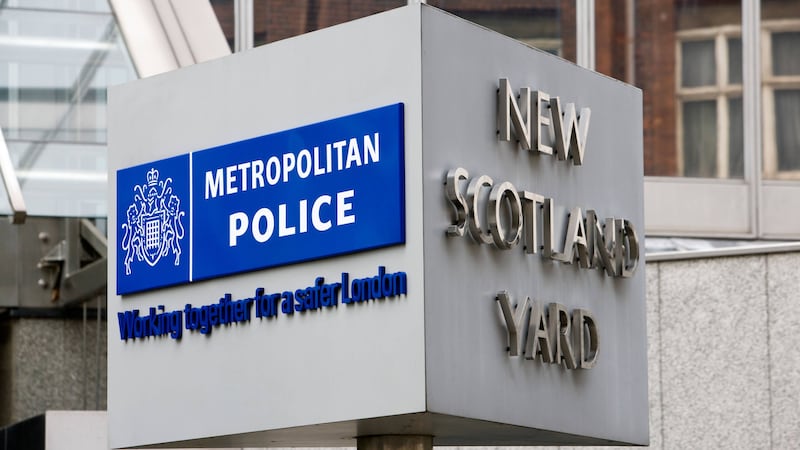Police officers will face automatic dismissal if found guilty of gross misconduct under plans to overhaul the disciplinary process.
Chief constables, or other senior officers, will have greater powers to root out and sack rogue staff from their forces as part of reforms which will see them once again preside over misconduct hearings.
Force bosses will also have the right to challenge decisions they disagree with, the Home Office said, while law changes will make sure officers who fail vetting checks can be sacked.
The move is a bid to rebuild public trust and confidence in policing after it was shattered by a slew of scandals, including the murder of Sarah Everard by serving Metropolitan Police officer Wayne Couzens and the unmasking of former police constable David Carrick as a serial abuser and rapist.
The Home Office carried out a review of the police disciplinary system in the wake of the cases.
The Government wants to bring in the changes as soon as possible, with officials hoping they will be in place by next spring, it is understood.
The head of the police watchdog previously warned against making chief constables “judge and jury” in disciplinary hearings.
Meanwhile, the Police Federation of England and Wales (PFEW) said the system shake-up will see a return to the dark days with “kangaroo courts”.

But Gavin Stephens, one of Britain’s most senior officers as chairman of the National Police Chiefs’ Council, welcomed the “sensible” plans, telling the PA news agency they will put police chiefs “back in control” of being able to quickly remove corrupt staff from forces.
Sir Mark Rowley has been pushing for force chiefs, rather than independent lawyers, to have the final say on which officers are sacked since he took on the role of Met Commissioner last year after estimating there were hundreds of rogue officers in his force – but the rules in place meant he was powerless to dismiss them.
He said: “I’m grateful to the Government for recognising the need for substantial change that will empower chief officers in our fight to uphold the highest standards and restore confidence in policing.
“The flaws in the existing regulations have contributed to our inability to fully address the systemic issues of poor standards and misconduct.
“Chief officers are held to account for the service we deliver and for the standards we uphold which is why I have been persistent in calling for us to have the powers to act decisively and without bureaucratic delays when we identify those who have no place in policing.”

Lawyers known as legally qualified chairs (LQCs) were brought in to oversee police disciplinary panels in 2016 as part of efforts to make the system more transparent. But critics say the system is too slow and senior officers are more likely to sack those found guilty of wrongdoing.
Under the plans unveiled on Thursday, a finding of gross misconduct will automatically result in a police officer’s dismissal unless exceptional circumstances apply.
Independent lawyers will continue to sit on the panel to advise and maintain “rigour”, but now in a supporting role.
Home Secretary Suella Braverman said: “Corrupt police officers and those who behave poorly or fail vetting must be kicked out of our forces. For too long our police chiefs have not had the powers they need to root out those who have no place wearing the uniform.
“Now they can take swift and robust action to sack officers who should not be serving our communities.”
Policing minister Chris Philp said confidence in forces has been “rocked” and “public trust must be restored”, adding: “These changes will ensure that police chiefs will have the ability to act fast to remove officers guilty of serious misconduct or who are poorly performing.”
The outcome of the hearings will still be determined by a majority panel decision and continue to take place in public.
Government officials are looking at creating a list of criminal offences that would automatically amount to gross misconduct upon conviction and are also exploring the idea of expanding the rights of police and crime commissioners to challenge disciplinary decisions to make sure chief constables are being held to account for their rulings.
In a letter to The Times last week, acting director-general of the Independent Office for Police Conduct (IOPC) Tom Whiting said LQCs were introduced “to bring much-needed independence and more objectivity to the system”.
The IOPC wants lawyers to be in charge of misconduct hearings, but chief constables to decide on the punishment if wrongdoing is proven.
John Bassett, a barrister representing the National Association of Legally Qualified Chairs, speaking in a personal capacity, said he is “disappointed”, saying the proposed changes are a “fudge” which do not address the desired issues.
He said: “No-one has yet explained to me or can present a convincing argument as to why the present system does not fulfil that role of being an open, transparent and fair process.
“Police officers, as so-called officers of the crown, do not have a right to claim unfair dismissal, and in those circumstances the best and at present the only way of ensuring that there is a fair outcome, if it resulted in dismissal, is by having a legally qualified chair assisting and advising the panel on the proper procedure.
“Otherwise you’re going back to a situation where there is a real risk that effectively by reverting to the pre-2016 system or something similar, police officers or police chiefs are marking their own homework.
“The decision is made on their behalf whether to investigate in the first place, the decision is made on their behalf whether to refer officers to misconduct hearings and, if ultimately they are going to have the responsibility for deciding on dismissal, it doesn’t strike me – and I doubt it will strike many members of the public – as a fair and open system.”
Echoing his claims, PFEW national chairman Steve Hartshorn said: “Chief constables presiding once again over misconduct hearings is a huge retrograde step during a pivotal moment where we are looking to improve the service and restore public confidence.
“Legally qualified chairs were introduced for sound and legally reasoned judgments, reduced appeals, fair and consistent decisions, greater transparency and increased public confidence. It was a system which was working, and the Government should have taken steps towards strengthening the role of LQCs, who were unbiased and free of undue political and social pressures.
“A return to the dark days, a return to kangaroo courts, whereby an officer is already guilty in the eyes of the chief officer before any evidence is heard, and they already know what outcome they want to see, is deeply concerning.”
Liberal Democrats home affairs spokesman Alistair Carmichael welcomed the announcement but said: “It’s a disgrace that it’s taken so long in the first place.
“Being able to sack corrupt officers swiftly is a key step in rebuilding public trust in the police. Now, the Home Office must ensure that these new rules are properly enforced.”
Shadow home secretary Yvette Cooper said: “Labour has been calling for over two years for the complete overhaul of the police misconduct and vetting systems and these reforms are long overdue.
“But as well as being too slow, the Conservatives are also not going far enough to raise standards, root out abuse and restore confidence in the vital work the police do to keep communities safe.”








